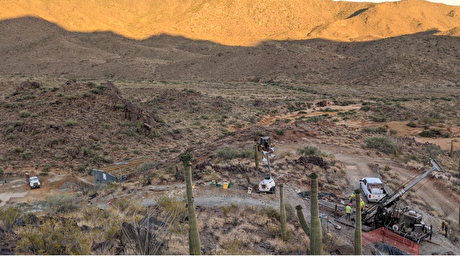
1st train of SP phase 14 refinery to go operational this winter
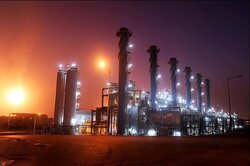
Speaking to the press on the sidelines of a visit to the South Pars complex in Assalouyeh on Friday, Oji mentioned the South Pars Phase 14 Refinery as the last refinery of the complex to go operational and said: "our colleagues have promised that the first train of the refinery will be put into operation this winter and will add gas to the country's network."
As Shana reported, the minister underlined the significant role of the South Pars complex in supplying the country’s natural gas needs and noted that 70 percent of the country’s gas needs are met by South Pars.
Oji expressed hope that with the decisions taken this year, the maximum production and extraction of gas from the South Pars joint field will be achieved.
South Pars Phase 14 development project is aimed at producing 56.6 million cubic meters per day of rich gas, 75,000 barrels per day of gas condensate, 400 tons per day of sulfur, one million tons per year of liquefied petroleum gas and one million tons per year of ethane to be fed to petrochemical plants.
Back in October 2020, the operator of the South Pars Phase 14 development project had said the project’s onshore refinery was scheduled to be fully operational by the first half of the current Iranian calendar year (September 2021), however, the coronavirus pandemic caused some delay in the project.
The huge South Pars field, which Iran shares with Qatar in the Persian Gulf, covers an area of 9,700 square kilometers, 3,700 square kilometers of which are in Iran’s territorial waters. The remaining 6,000 square kilometers, called North Dome, are situated in Qatar’s territorial waters.
The field is estimated to contain a significant amount of natural gas, accounting for about eight percent of the world’s reserves, and approximately 18 billion barrels of condensate.
Source: Tehran Times

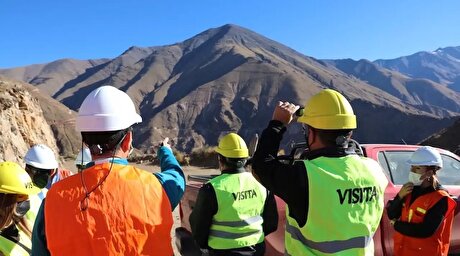
Royal Gold to acquire Sandstorm, Horizon in $3.7B deal
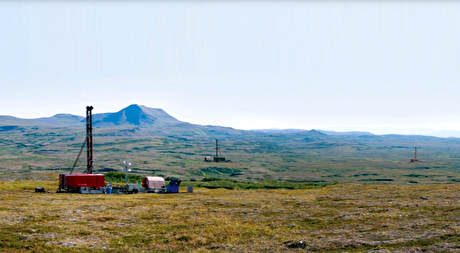
Northern Dynasty in talks to settle EPA litigation, shares hit 5-year high

Gold price retreats to one-week low on US tariff delay
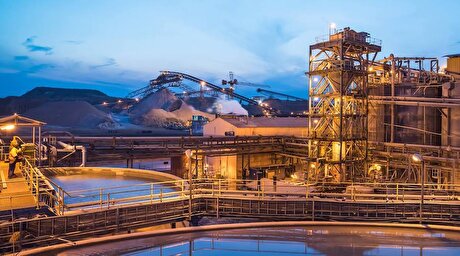
Mali to sell $107M in gold from Barrick to fund mine restart

China Rare Earth Group says executive moves at listed unit won’t affect operations

US couple could face trial over gold bars missing from 18th Century sunken ship
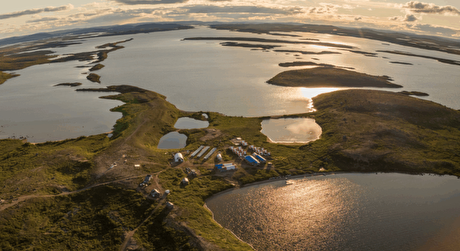
Torngat Metals’ rare earths project revival aims to create ‘a new industry in Canada’ CEO says

Copper price soars to record as Trump announces 50% tariff
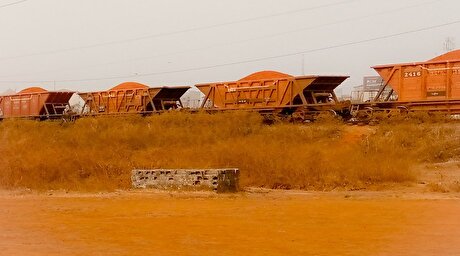
Guinea bauxite exports up 36% on Chinese demand
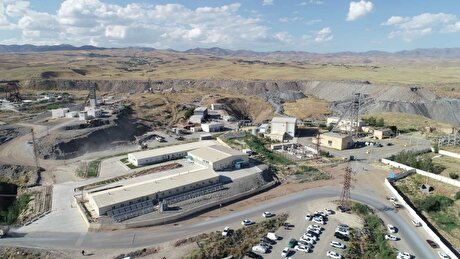
Navoi saw first half output value double on higher gold prices
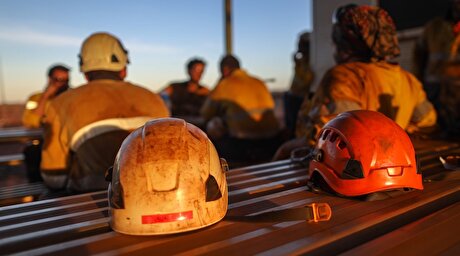
Fatalities rise for second year in global mining sector

Taseko more than doubles value of Yellowhead project near Gibraltar
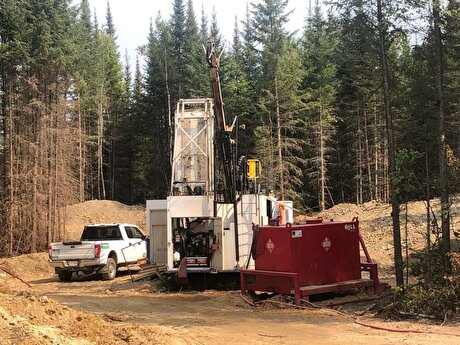
McFarlane Lake expands portfolio with $22M buy from Aris
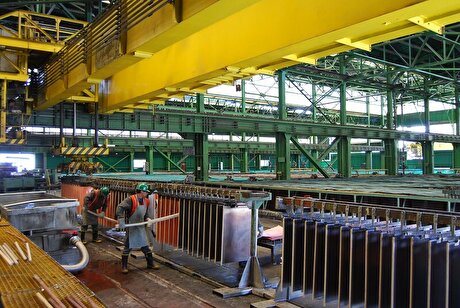
Smelter mishap stokes shutdown push at Codelco
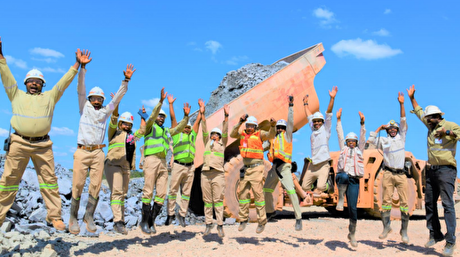
Copper output at Ivanhoe’s Congo mine jumps in second quarter
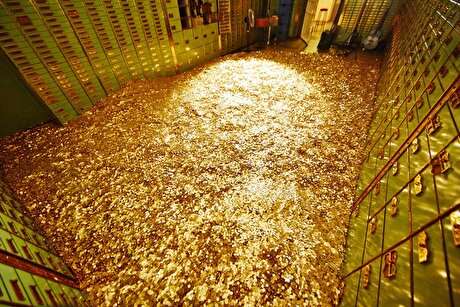
Gold ETFs drew largest inflow in five years during first half of 2025, WGC says
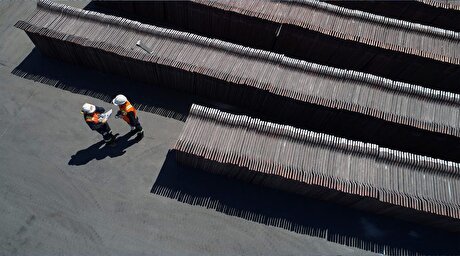
Glencore to sell Philippine copper smelter to Villar family

Mali to sell $107M in gold from Barrick to fund mine restart

EU prepares to stockpile critical minerals in case of war: FT

Navoi saw first half output value double on higher gold prices

Fatalities rise for second year in global mining sector

Taseko more than doubles value of Yellowhead project near Gibraltar

McFarlane Lake expands portfolio with $22M buy from Aris

Gold ETFs drew largest inflow in five years during first half of 2025, WGC says

Mali to sell $107M in gold from Barrick to fund mine restart

EU prepares to stockpile critical minerals in case of war: FT
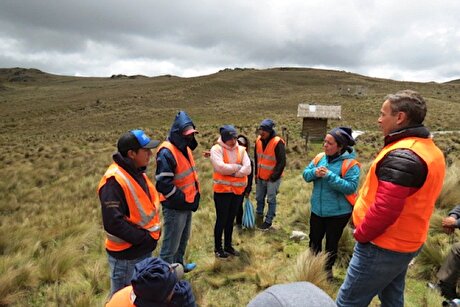
Dundee receives environmental OK for underground gold project in Ecuador
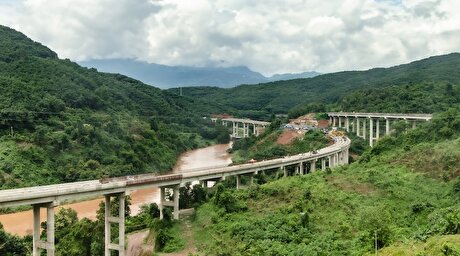
China’s mining investment sets new record












